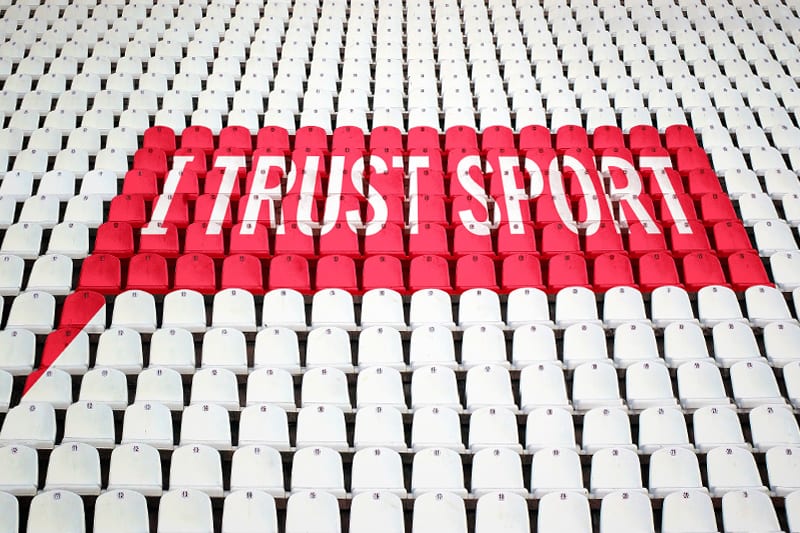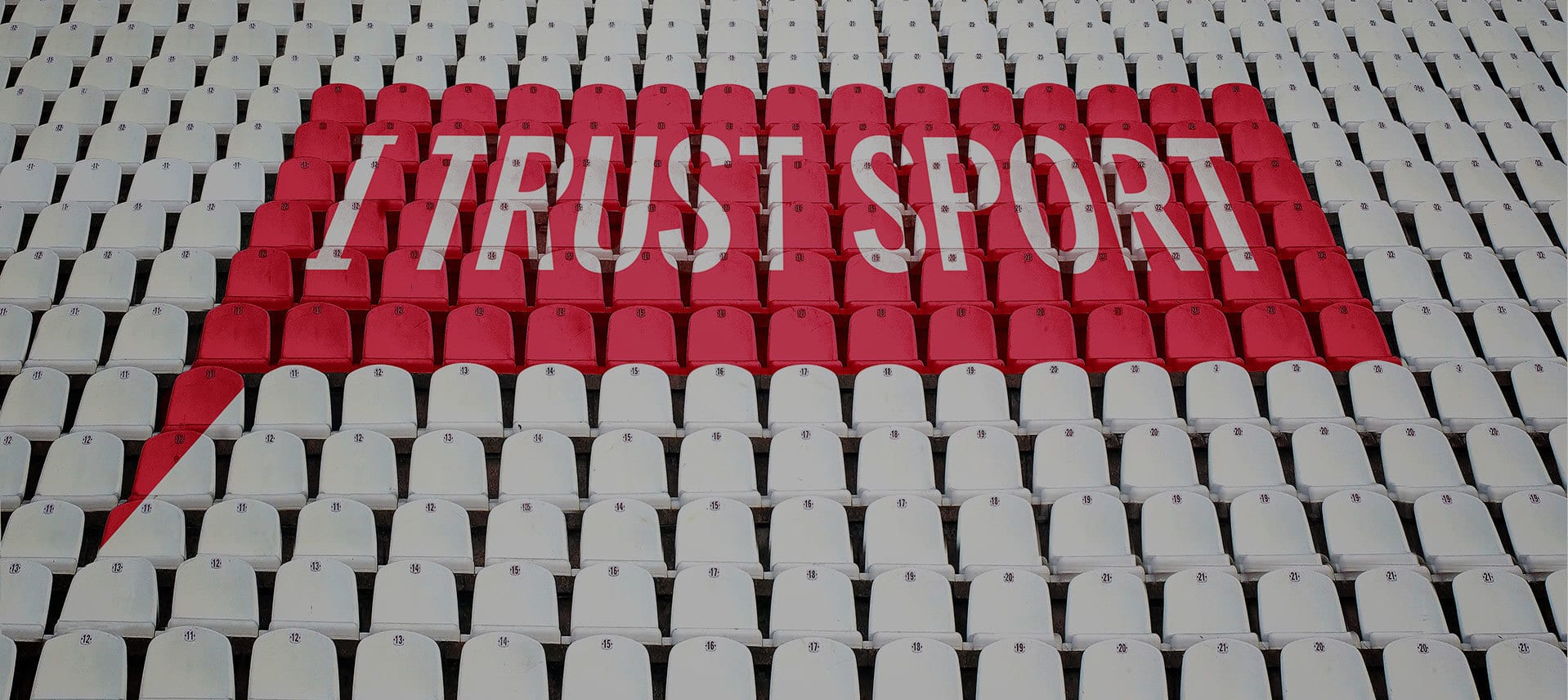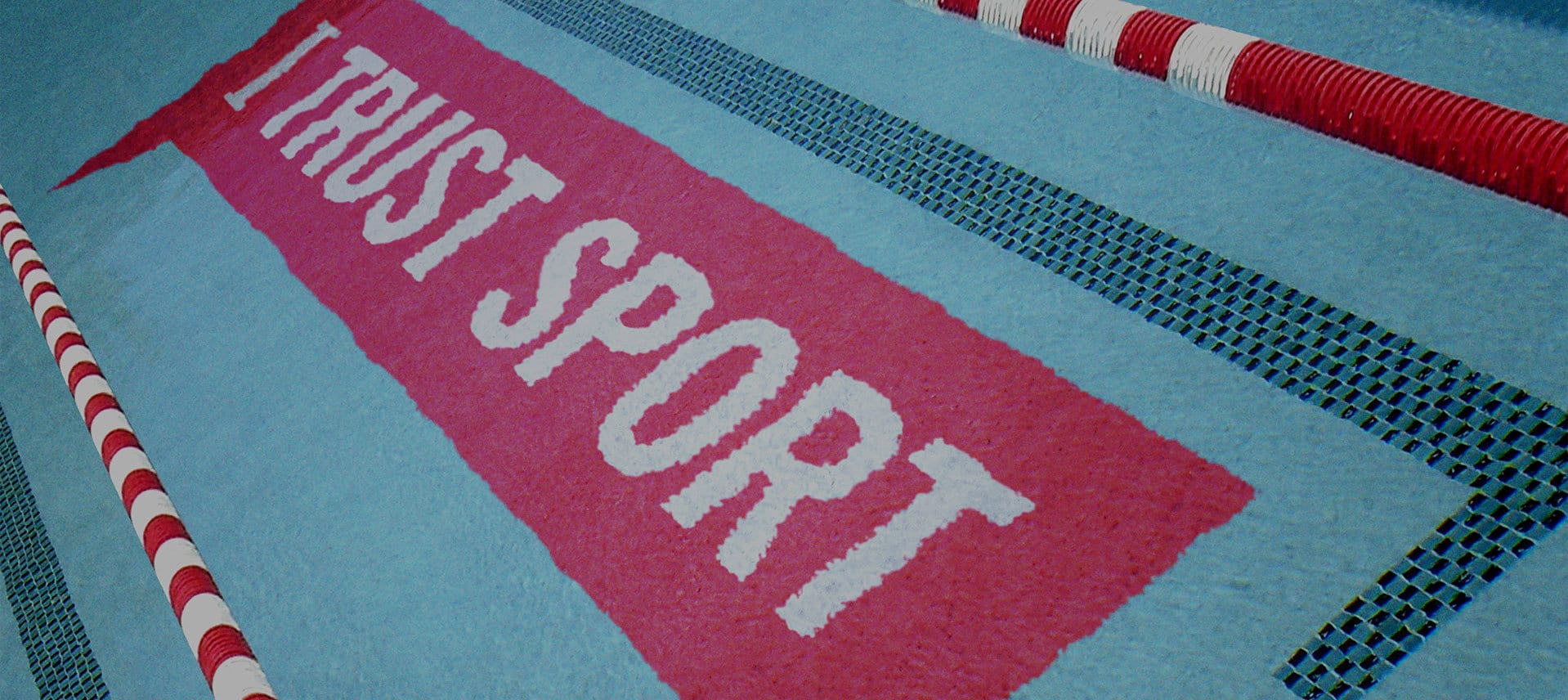It has been an eventful week for the small but growing band of people occupied with tackling match-fixing/manipulation and poor governance in international sport. 2014 could well be the year when much-needed international co-operation takes aim at these global issues.
On 10 December the Rt Hon Maria Miller MP, Secretary of State for Culture, Media and Sport convened a meeting of the major spectator sports in the UK to discuss the threat of match-fixing and procedures in place to respond to the risks. The gathering was prompted by several arrests for alleged match-fixing in football in England. It is likely that the various sports will be encouraged to pool knowledge and best practice.
Meanwhile, Chris Eaton, Director of Sport Integrity at the International Centre for Sport Security called for an international approach to tackle match-fixing. He suggested the Financial Action Task Force (FATF), as a useful model to consider. Set up to combat money laundering and terrorist financing, FATF is voluntary, cooperative and promotes effective implementation of its recommendations rather than taking action itself.
During the week the IOC Executive Board held a four day meeting working towards its new Agenda 2020. Among other measures, the IOC announced a fund of $10m USD to protect athletes from the manipulation of sports results, the creation of a new “Integrity Betting, Intelligence System” for International Federations and a forthcoming memorandum of understanding with Interpol. This followed the Olympic Summit in November where projects on match-fixing and good governance were set in motion. An IOC Extraordinary Session will take place in December 2014 to consider Agenda 2020 proposals.
Not to be outdone, the UEFA Executive Committee announced on Thursday an 11-point resolution on the integrity of football which will be sent out to the 54 member associations across Europe for consultation with a view to adopting a final version in March next year.
Another important milestone in 2014 will be the publication of an international convention against the manipulation of sports competitions by the Council of Europe’s Enlarged Partial Agreement on Sport.
The wide range of activity is highly encouraging, although at this early stage it looks as if there may be a degree of duplication by different bodies.
However, significant barriers to effective action remain. For example, in many countries there is no specific criminal offence covering match-fixing (and it’s not easy to define the offence in the first place).
In addition, as Patrick Collins points out in the Mail on Sunday, football and the gambling industry are mutually dependent in a way that makes many uncomfortable.
While simple answers to the risks of match-fixing and poor governance in sport may be elusive, the unprecedented level of activity and interest is a source of optimism. 2014 could be the year when a properly co-ordinated international effort begins.


